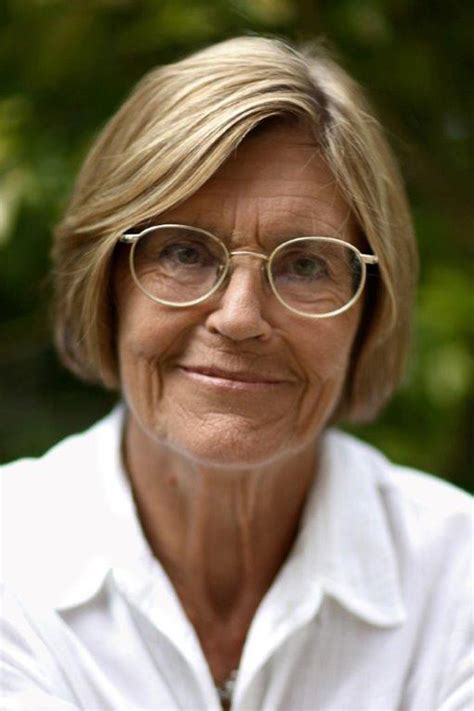A Quote by Penelope Leach
Guilt is the most destructive of all emotions. It mourns what has been while playing no part in what may be, now or in the future.
Related Quotes
Make friends with guilt. Guilt is a beautiful emotion that alerts us when something is wrong so that we may achieve peace with our conscience. Without conscience there would be no morality. So we can greet guilt cordially and with acceptance, just as we do all other emotions. After we respond to guilt, it has done its job and we can release it.
Many of the finest and most interesting emotions perish forever, because too complex and fugitive for expression. Of all things relating to man, his feelings are perhaps the most evanescent, the greater part dying in the moment of their birth. But while emotions perish, thought blended in diction is immortal.
I can imagine no man who will look with more horror on the End than a conscientious revolutionary who has, in a sense sincerely, been justifying cruelties and injustices inflicted on millions of his contemporaries by the benefits which he hopes to confer on future generations: generations who, as one terrible moment now reveals to him, were never going to exist. Then he will see the massacres, the faked trials, the deportations, to be all ineffaceably real, an essential part, his part, in the drama that has just ended: while the future Utopia had never been anything but a fantasy.
Positive emotion can be about the past, the present, or the future. The positive emotions about the future include optimism, hope, faith, and trust. Those about the present include joy, ecstasy, calm, zest, ebullience, pleasure, and (most importantly) flow; these emotions are what most people usually mean when they casually-but much too narrowly-talk about "happiness." The positive emotions about the past include satisfaction, contentment, fulfillment, pride, and serenity.
Despite their differences, pride, shame, and guilt all activate similar neural circuits, including the dorsomedial prefrontal cortex, amygdala, insula, and the nucleus accumbens. Interestingly, pride is the most powerful of these emotions at triggering activity in these regions - except in the nucleus accumbens, where guilt and shame win out. This explains why it can be so appealing to heap guilt and shame on ourselves - they're activating the brain's reward center.
Guilt is not a response to anger; it is a response to one’s own actions or lack of action. If it leads to change then it can be useful, since it is then no longer guilt but the beginning of knowledge. Yet all too often, guilt is just another name for impotence, for defensiveness destructive of communication; it becomes a device to protect ignorance and the continuation of things the way they are, the ultimate protection for changelessness.




































